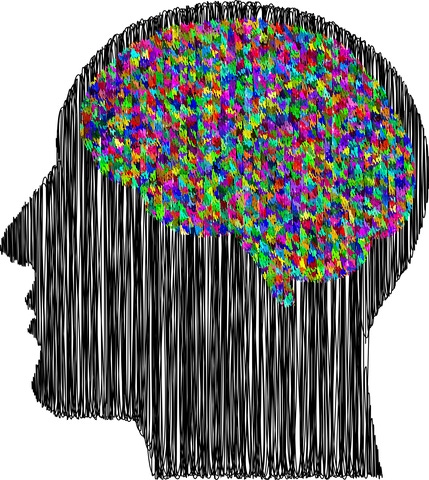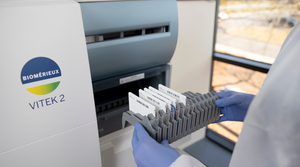A Blood Test for Brain Cancer with a Dash of AI Added
Researchers for the University of Strathclyde have developed the test, which uses infrared light to produce a "bio-signature" of a blood sample and applies artificial intelligence to check for the signs of cancer.
October 9, 2019

Researchers from the University of Strathclyde have developed a blood test that could help to accelerate the diagnosis of brain cancer. The technology uses infrared light to produce a "bio-signature" of a blood sample and applies artificial intelligence to check for the signs of cancer.
This research is being commercialized by ClinSpec Diagnostics Ltd, a company spun out from the university in February 2019. The work has now been published in the journal Nature Communications, and also involved clinicians at the Western General Hospital in Edinburgh, the University of Liverpool and the Walton NHS Foundation Trust in Liverpool.
Dr. Matthew J. Baker, Reader in Strathclyde's Department of Pure and Applied Chemistry and CSO with ClinSpec Diagnostics, led the study.
He said: "This is the first publication of data from our clinical feasibility study and it is the first demonstration that our blood test works in the clinic. Earlier detection of brain tumors in the diagnostic pathway brings the potential to significantly improve patient quality of life and survival, whilst also providing savings to the health services."
Patients with brain cancer frequently present with non-specific symptoms and the final cancer diagnosis can be time-consuming. The researchers have analyzed samples from a prospective cohort of 104 patients, they found that the blood test could distinguish patients with brain cancer from healthy individuals correctly 87% of the time.
These findings suggest that this approach may be useful to doctors in helping to prioritize patients needing brain scans in order to diagnose tumors. While the proposed system does not offer an absolute diagnosis, it could play a significant role in the diagnostic process as a triage tool.
Dr. Paul Brennan, Senior Clinical Lecturer and Consultant Neurosurgeon at the University of Edinburgh, a partner in the study, said: "Diagnosing brain tumors is difficult, leading to delays and frustration for lots of patients. The problem is that symptoms of brain tumors are quite non-specific, such as headache, or memory problems. It can be difficult for doctors to tell which people are most likely to have a brain tumor.
"With this new test, we have shown that we can help doctors quickly identify which patients with these non-specific symptoms should be prioritized for urgent brain imaging. This means a more rapid diagnosis for people with a brain tumor, and quicker access to treatment."
About the Author(s)
You May Also Like

